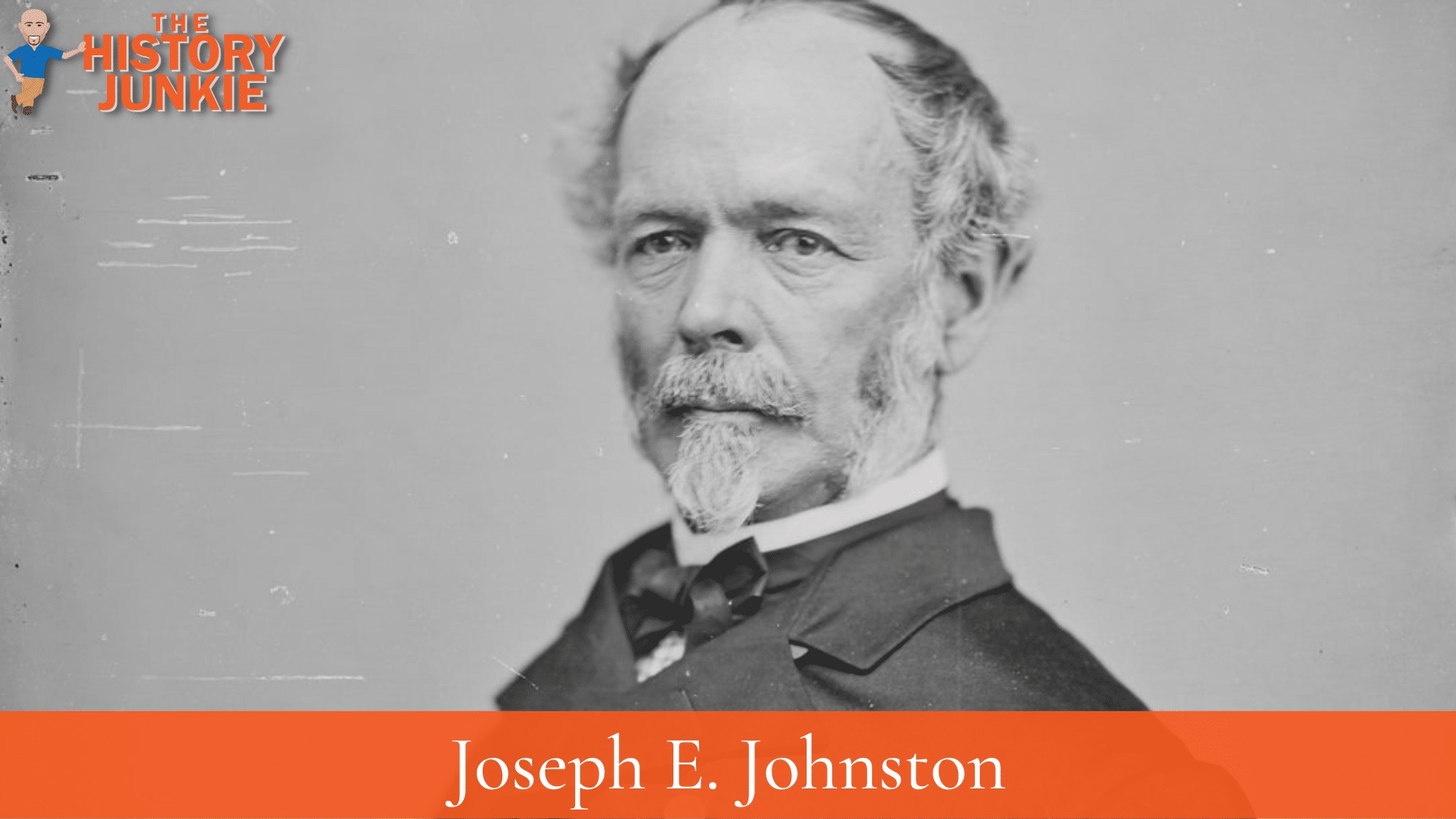The Battle of Chickamauga was a major battle in the Civil War, fought on September 19–20, 1863, in northwestern Georgia. The battle was a tactical victory for the Confederacy, but it was a strategic victory for the Union.

The battle resulted in the Union army being forced to withdraw from Chattanooga, Tennessee, but it also led to the removal of Confederate General Braxton Bragg from command of the Army of Tennessee.
The battle was fought in the Chickamauga Valley, a fertile region of northern Georgia that was home to several important railroads.
The Union army, commanded by Major General William S. Rosecrans, was based in Chattanooga, while the Confederate army, commanded by Braxton Bragg, was based in Dalton, Georgia.
Rosecrans decided to launch an offensive against Bragg in an attempt to capture Chattanooga. He divided his army into three corps and marched them south toward Chickamauga Creek.
Bragg, who was outnumbered by Rosecrans, decided to wait for the Union army to attack him.
The battle began on September 19 with a Union attack on the Confederate left flank. The Union attack was initially successful, and the Confederates were forced to retreat. However, Bragg was able to rally his troops and counterattack. The fighting raged throughout the day, and neither side was able to gain an advantage.
The battle resumed on September 20, and the fighting was even more intense than it had been on the previous day. The Union army was able to make some gains, but they were eventually forced to retreat.
The Confederates won a tactical victory, but they were unable to follow up their victory and capture Chattanooga.
The Battle of Chickamauga was a bloody battle, with over 34,000 casualties. It was the bloodiest battle in the Western Theater of the Civil War, and it was the second-bloodiest battle in the entire war.
The battle had a significant impact on the course of the war. The Union army was forced to withdraw from Chattanooga, but it also led to the removal of Braxton Bragg from command of the Army of Tennessee. Bragg was replaced by Joseph E. Johnston, who was a more capable commander.
The Battle of Chickamauga also led to the Battle of Chattanooga, which was a major victory for the Union. The Battle of Chattanooga opened the way for the Union army to capture Atlanta, Georgia, and it helped to bring about the end of the Civil War.
Read Article: Famous Generals of the Civil War
Prelude to the Battle
The Battle of Chickamauga was the culmination of a series of maneuvers and engagements between the Union and Confederate armies in the Chattanooga Campaign.
The campaign began in June 1863, when Rosecrans' army began moving south from Nashville, Tennessee. Bragg's army, which was based in Chattanooga, was forced to retreat before Rosecrans' advance.
In early September, Rosecrans' army reached Chattanooga and began to invest in the city. Bragg, who was outnumbered by Rosecrans, decided to attack the Union army before it could fully invest in Chattanooga.
The Battle
The Battle of Chickamauga began on September 19, 1863. The Confederate army attacked the Union army's left flank. The Union army was initially forced to retreat, but it was able to rally and hold its ground.
The battle raged throughout the day, and neither side was able to gain an advantage. The fighting was particularly fierce in the area around the Widow Glenn's house.
The battle resumed on September 20, and the fighting was even more intense than it had been on the previous day. The Confederate army launched a series of attacks against the Union army's center and right flank. The Union army was able to hold its ground for most of the day, but it was eventually forced to retreat.
The Confederate army won a tactical victory at the Battle of Chickamauga. The Confederates captured over 16,000 Union prisoners and drove the Union army from the field. However, the Confederates were unable to follow up their victory and capture Chattanooga.
George Henry Thomas had the biggest moment during the battle when he defended his position against the Confederate Army. He earned the title "Rock of Chickamauga" during this battle.
Aftermath
The Battle of Chickamauga was a turning point in the Chattanooga Campaign. The Confederate victory forced the Union army to withdraw from Chattanooga, but it also led to the removal of Braxton Bragg from command of the Army of Tennessee.

Bragg was replaced by Joseph E. Johnston, who, by William Sherman's own papers, was a better commander but had a bad relationship with Jefferson Davis.
The Battle of Chickamauga also led to the Battle of Chattanooga, which was a major victory for the Union.
The Battle of Chattanooga opened the way for the Union army to capture Atlanta, Georgia, and it helped to bring about the end of the Civil War.
